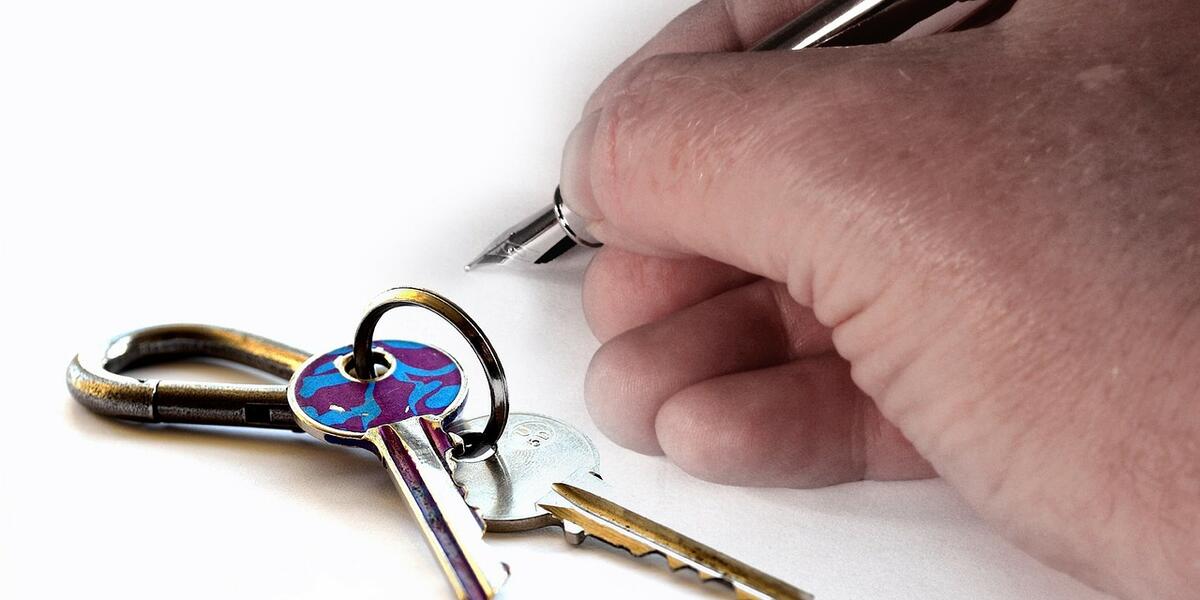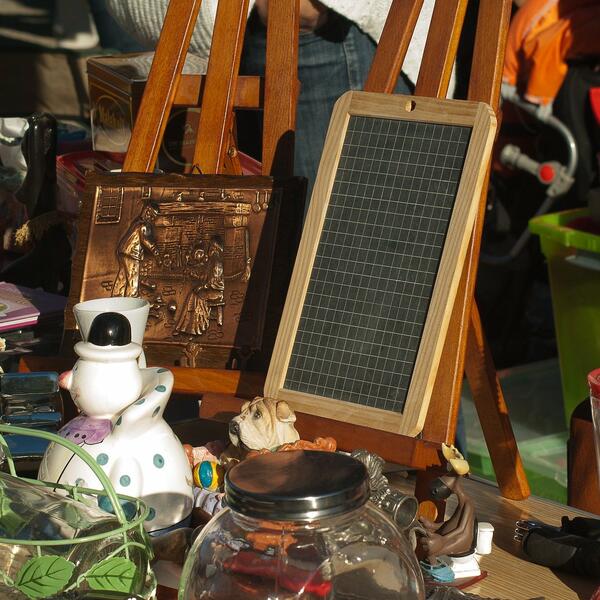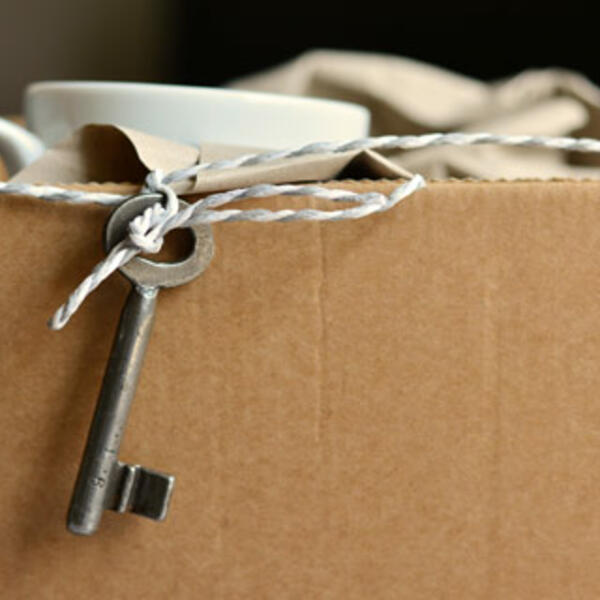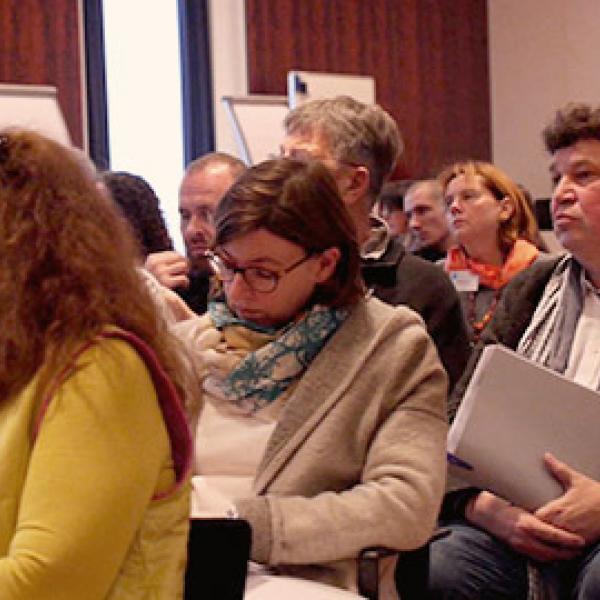alvivi ist das Info-Portal für Flüchtlinge, Migranten und Helfer.

Leasing contract: What is important?
The leasing contract or tenancy agreement is an important document and regulates many details of the tenancy. It is binding both for you and for your landlord, provided that the content does not contradict the legal regulations for the protection of the tenant. You should therefore read the tenancy agreement very carefully before signing it, and keep it in a safe place.
Although a rental agreement can also be arranged verbally, for reasons of legal certainty it is advisable to conclude the agreement in writing. In practice, landlords usually use pre-printed contracts issued by landlord associations. These contracts must also comply with the legal tenant protection regulations.
Checklist
Before signing a leasing contract, you should inform yourself about all the details, for example about
- the amount of rent
- the amount of additional costs (in particular heating costs; you can have the energy certificate presented to you)
- the amount of the deposit
- a possible stepped rent (a rent that is automatically regularly increased)
- the duration of the rental agreement (limited or unlimited)
- renovation obligations.
Tip
Insist that all agreements are recorded in writing in the leasing contract, as verbal agreements often lead to disputes later.
In addition to the leasing contract, you often have to sign a so-called handover protocol when you move into a new apartment. With your signature, you confirm the condition of the apartment when you take it on. You should therefore read the handover protocol very carefully. Your landlord may later hold you responsible for defects that are not noted in the handover report.
The landlord can demand a deposit as security for the apartment. If, after moving out, you leave the apartment in a poor condition or have not paid the rent in full, he or she will retain the deposit. The amount of the deposit must not exceed three months' rent (rent excluding additional expenses).
Additional costs and waste management
In addition to renting your living spaces, you also have to pay operating costs - often referred to as additional costs (Nebenkosten) - which are billed once a year. These costs include, for example, the costs for heating and water as well as sewage and waste charges. As a rule, you pay a certain amount each month in advance for the ancillary costs and receive a statement at the end of the year. You should check this account of the additional costs carefully.
Waste is collected and disposed of separately in Germany. Separate containers are usually available for paper and cardboard, organic waste (such as fruit and vegetable waste) and the remaining waste. In addition, there are collection points or containers for other types of waste, such as glass and hazardous waste (such as paints and varnishes).
Here's to good neighbourship!
The legal periods of rest protect the night rest from 10 o'clock at night to 6 o'clock in the morning. In addition, almost every house has so-called house rules (Hausordnung). This is a voluntary order, which you agree on with your signature on the lease. The house rules lay down the rules for living side-by-side for all residents of the house. You will receive the house rules from the property management or your landlord.
As a tenant of a house or apartment you have certain obligations, for example you must pay the agreed rent on time. But you also have rights, for example when it comes to major repairs. If you have any questions about tenancy law, the Tenants' Association (Mieterbund), the Tenants' Protection Association (Mieterschutzbund) and the local tenants' associations (Mietervereine) are good points of contact. In many cities, they have set up offices that you can contact. However, some of their offers are subject to a fee.
Local information points
Get more information in your place of residence:
- City, municipality and district administration: Housing Office
- Tenants' associations (membership subject to a fee) in Rhineland-Palatinate and Baden-Württemberg
- Consumer centers
Source: BAMF



